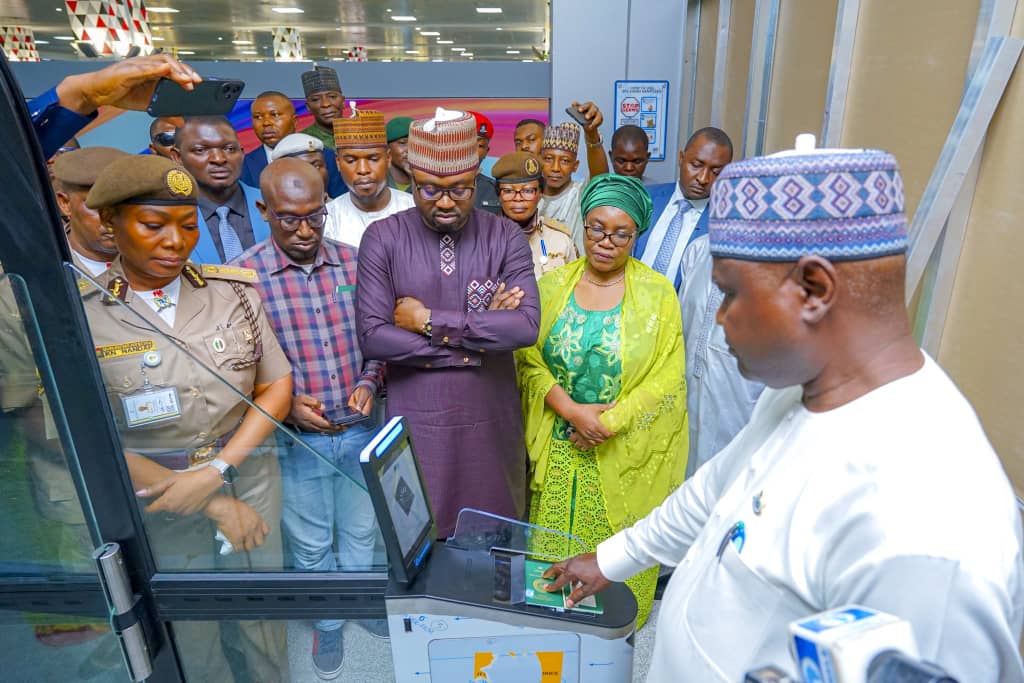Postponement of 2023 Census
THE Federal Government’s postponement of this year’s population and housing census earlier scheduled for 3-7, May to a date to be determined by the incoming administration was greeted with mixed reactions, given the assurances by the National Population Commission (NPC) of its readiness to conduct the much anticipated national headcount.
ACCORDING to the Minister of Information and Culture, Lai Mohammed, President Buhari gave the approval for the postponement after meeting with some Federal Executive Council members and the NPC team in Abuja on April 28. In arriving at the decision, according to Mohammed, the meeting reiterated the critical need for the conduct of a population and housing census, 17 years after the last census, to collect up-to-date data that will drive the developmental goals of the country and improve the living standard of the citizens.
THIS is the second time the headcount would be shifted. The original schedule was for March 29, before it was shifted to May. The May date was necessitated by the postponement of the Governorship and State Assembly elections by the Independent National Electoral Commission (INEC) from March 11 to 18.Earlier, there had been calls from some quarters for the postponement of the census for reasons that included inadequate preparation, lack of funds, lack of training of supervisors for the exercise, timing, and insecurity, among others.
ALREADY, N869 billion has been earmarked for the project that was to be conducted in partnership with various development partners, including the United Nations Population Agency (UNFPA) European Union (EU) and others. UNFPA would provide significant technical and financial support as well as manage funds established for the redemption of pledges. On its part, the National Population Commission (NPC) has listed a total of 786,741 functionaries to be trained and deployed for the exercise. This includes 623,797 enumerators, 125,944 supervisors, 24,001 Data Quality Assistants, 12,000 Field Coordinators, 1,000 Data Quality Managers, 1,639 Training Centre Administrators and 59,000 Local Government Areas level facilitators.
THERE had been serious misconception on what the exercise represented and its purpose. Apart from the fairly acceptable 1921 population census, subsequent enumeration exercises had been controversial. The 1929-1931 enumeration was considered inaccurate because of the economic depression of the period and misinterpretation of the exercise as a basis for taxation, leading to riots in some parts of the country. There was no census in 1941 because of the Second World War. Another census was conducted in 1962, but the results were rejected and considered incorrect, hence the 1963 headcount. Results of the 1963 exercise were accepted by the Federal Government but rejected by the regions. In 1973, another enumeration took place, but the results were not published. The last detailed census in Nigeria was in 2006, which put the population of Nigerians at 140,003,542. Since then, the country’s population figure has been on geometric estimates from UN agencies. This does not give room for adequate planning and development.
FROM 1866 to 1991, censuses in Nigeria were marred by restrictions, tampering with figures for gerrymandering, deliberate falsification of figures, disruptions caused by political instability, ethnic clashes, and a dearth of skilled personnel and technical know-how for data collection and management. The lack of a comprehensive and detailed data on its population also accounts for the lack of accurate demographic, social, and economic growth indicators, which hamper policy implementation in Nigeria.
THERE is need for a thorough census that will not only put to rest the controversies regarding the country’s population figures but also avail the different government agencies the much-needed development data for planning. Vital indicators such as birth, mortality, and population growth rates in Nigeria’s lowest administrative or geographical levels are missing. More so, the country has no concrete or viable record of immigrants. What it has been working with are estimates, with low degrees of precision.
NIGERIA needs a population census that would help it understand its people. Not only are the upper echelons of power brokers separated from the lower units in Nigeria, but there also exists an astounding unawareness of the realities of the grassroots that stems from the dearth of quality data on localities. As the 2006 census, to some extent, failed to capture Nigerians living in the innermost nooks of localities, the lives, and modes of living of a good chunk of Nigerians remain undocumented. For a fact, the country is long overdue for a census, conducting one requires proper planning and diligence to ensure the sanctity of the results, the efficacy of the data gathered as well as their utility in driving national development goals. Postponing the exercise twice in the eyes of the comity of nations is an endless form of opprobrium indicating our government’s unseriousness about key national issues.
THE HOPE appeals to the incoming administration to explore and adapt whatever technology needed to achieve a successful headcount as this will not only help in making good policy but will also stand as a litmus test for the new administration. We want to advise the organisers to understudy how other countries conduct theirs and arrive at exact and acceptable figures. Relying on estimated figures for planning will jeopardize the urgency need of our collective development. We therefore urge the NPC to embark on masses sensitization on the importance of census to national development as well as prepare adequately for a reliable headcount to silence critics.










